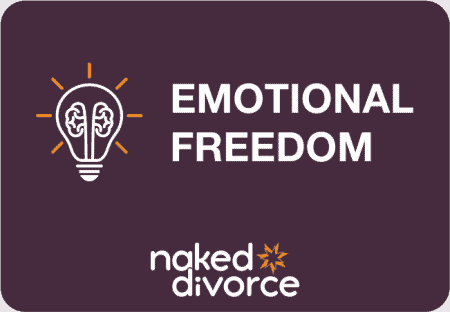What is Mediation?

Mediation is not just a process; it’s a philosophy of empowerment. It’s a collaborative method that empowers couples to take control of their divorce journey, paving the way for a future that is amicably designed. Mediation, facilitated by a neutral third party—the Mediator—lets you untangle complexities like:
- Property distribution
- Child custody and parenting plan
- Financial support
- And many more.
All done in a respectful setting. It’s a safe haven for resolution.

















 As an expert working in divorce for over 12 years, I can tell you that the one of the biggest mistakes people make is they abdicate ALL divorce negotiations onto their lawyer. Abdicating is a mistake because in my experience, not all lawyers have your best interests at heart. The more you can negotiate as a couple, the better for both of you.
As an expert working in divorce for over 12 years, I can tell you that the one of the biggest mistakes people make is they abdicate ALL divorce negotiations onto their lawyer. Abdicating is a mistake because in my experience, not all lawyers have your best interests at heart. The more you can negotiate as a couple, the better for both of you.




 The first module is focused on establishing the rules of engagement. During a significant separation, breakup, or divorce, our emotions can go haywire. Before we begin with the Mediation process, we must begin how we wish to proceed: with lots of rules and frameworks to guarantee our success. In this stage we will cover:-
The first module is focused on establishing the rules of engagement. During a significant separation, breakup, or divorce, our emotions can go haywire. Before we begin with the Mediation process, we must begin how we wish to proceed: with lots of rules and frameworks to guarantee our success. In this stage we will cover:- Once the groundrules have been set, we begin…With step-by-step guidance and around-the-clock support, you’ll focus with high intention on your strategy and implementing the Mediation plan we have designed. To save time, we will use tried and tested Mediation Best Practice Templates which can be reused.
Once the groundrules have been set, we begin…With step-by-step guidance and around-the-clock support, you’ll focus with high intention on your strategy and implementing the Mediation plan we have designed. To save time, we will use tried and tested Mediation Best Practice Templates which can be reused. Re-gaining power over your life, begin to plan for your future
Re-gaining power over your life, begin to plan for your future







































